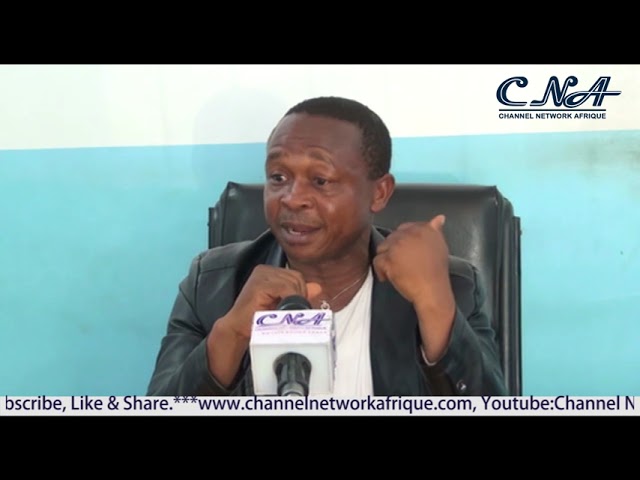There is no doubt that the nation’s education sector has continued to deteriorate.
This has been attributed to failure of successive administrations to improved budgetary allocation to the sector.
Over the years, Education has been bedeviled with challenges ranging from inadequate funding that has impacted negatively on the already poor infrastructure, lack of teaching and learning tools, increase in number of out-of-school children among others.
It is not surprising that recently the United Nations Children Fund UNICEF raised the alarm that the nation faces learning crisis as about 70 per cent of children in schools could neither read, write nor perform basic numeracy tasks by age 10, as deduced from the National Learning Assessment 2017.
While the federal government is yet to meet the UNESCO’s 27 percent benchmark for funding education and 6 per cent of the gross domestic product (GDP). Respective state governments are not faring better either as they are also guilty of low education budgetary allocation that barely take care of basic Infrastructural needs and provision of needed tools to make learning conducive.
Despite this alarming situation, some experts believe it is not yet uhuru as the government must begin to demonstrate the political will to change the narrative and place the sector at the front burner.
For Dr Uche Anune, Editor with the News Agency of Nigeria, there is need for the government to prioritize teachers’ quality and training, among other key interventions for a more responsive learning outcomes.
The Executive Secretary, Universal Basic Education, Dr Hamid Bobboyi on his part commended the efforts of the Buhari led government to funding Education especially at the basic school level.
He however, lamented that such funds are yet to yield the desired results.
The option for a State of emergency to be declared in the education sector with drastic interventions on critical areas of need to ensure timely release and judicious utilisation of funds, more radical approach to tackling Infrastructural gaps, teachers’ quality among others might just be the magic wand to address the learning crisis in the nation’s education sector.



